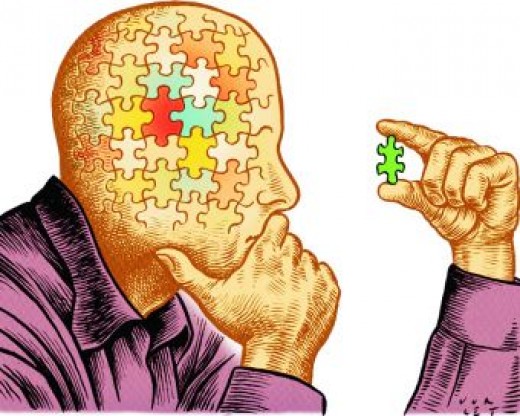I’m not sure where exactly to begin this post; I’ve talked about self-awareness as a concept on this blog a few times before (here’s one example) and generally I believe it’s a super-important, kinda-defines-life element that almost no one even remotely has a clue about. (Again, it goes back to this whole “soft skill” thing; a person with self-awareness doesn’t necessarily make a company money, or so the logic goes, but a person who knows how to put deliverables on an Outlook calendar does.)
A lot of times when I believe something like “Self-awareness is important,” I feel strongly about it for a while and then I go back to “Naw, I must be crazy or misguided.” Then I come across an article on a site where people are smarter than me — in this case Harvard Business Review — and I feel like maybe I’m not a total idiot.
Here’s the article. Let’s dive in.
This paragraph is important to understand:
Yet in talent development practice, companies spend millions of dollars and countless hours every year on self-reported assessments that only target self-knowledge. The core problem is that we’re notoriously poor judges of our own capabilities. A 2014 study of 22 meta-analyses (containing over 357,000 people) found an average correlation of .29 between self-evaluations and objective assessments (a correlation of 1.0 would indicate total accuracy). And the correlation was even lower for work-related skills. So my self-reported profile may suggest that I see myself as a persuasive speaker – but tell that to the audience who just fell asleep.
And now, because humans are visual creatures, there’s this:
Look at that. A “self-aware” team is 68 on decision quality (FYI that’s still a D on a test), a 73 on coordination and a 65 on conflict management (I would actually think that score would be higher, because if you’re aware of your self and your surroundings, you should be able to better deal with others). A “non-self-aware” team is 32 on decision quality, 27 on coordination, and 35 on conflict management. That means two of the three matrices were cut in half simply on self-awareness within the team, and one (conflict management) was basically cut in half.
Normal caveats apply: data is fickle and can be manipulated and contextualized in a number of different ways. You can prove anything, yadda yadda yadda.
If you’re interested in ideas around “Why Self-Awareness Could Potentially Be Important To Work,” read this and this.


Reblogged this on Gr8fullsoul.